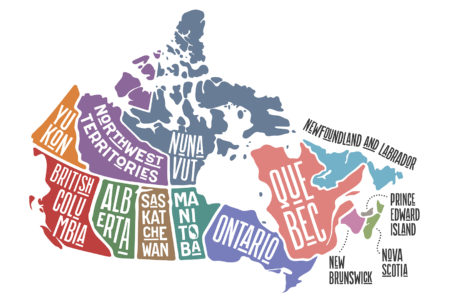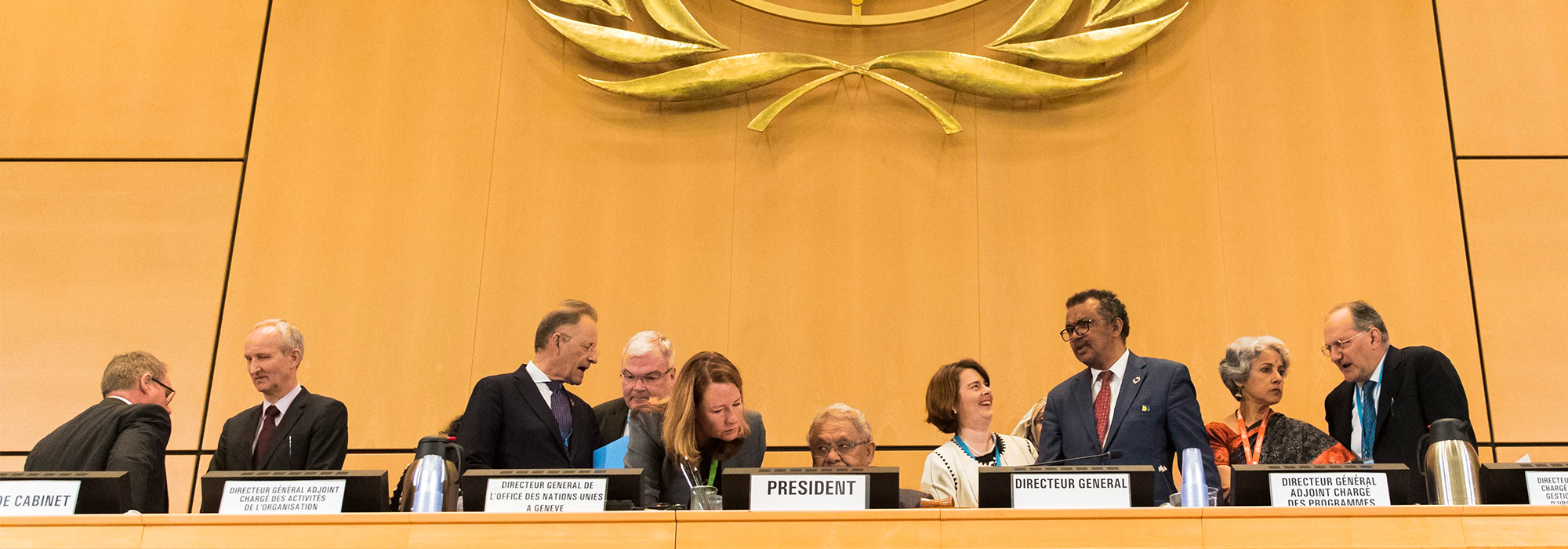
-
Balados 138

When our battle with COVID-19 is finally over, a comprehensive review of how we and the world dealt with the pandemic is a must. It is imperative that we learn from our experiences, so that we can strengthen our institutions and protocols in preparation for future threats.
Among the lessons that await us, one should be on how we select our heads of multilateral agencies. At a time when countries are so deeply interconnected and when forces in one corner of the world impact nations everywhere, choosing wisely has never been more critical.
Moreover, while political candidates come under microscopic scrutiny during national election campaigns, little is known about the processes and the candidates vying for these global positions. The rules are more akin to a private golf club.
That must now change. Not only has COVID-19 brought that opaque model into serious question, but the public deserves to know how their international agencies are governed.
A case in point: the head of the World Health Organization (WHO), Tedros Adhanom Ghebreyesus, has come under severe criticism for his handling of COVID-19. He has been accused of ignoring early warnings and moving too slowly. He also faces allegations that he allowed China to bury the truth about the outbreak in the City of Wuhan at the onset of the pandemic.
I spent five years as ambassador to the World Trade Organization (WTO) and UN Agencies in Geneva, where I saw these different organizations up close. I would contend that in recent years, competency has given way to diplomatic rotation, regionalism and political correctness, when it comes to selecting the heads of international organizations.
It was not always so.
Years ago, we had stalwarts like Peter Sutherland, leading the General Agreement on Tariffs and Trade, who was indispensable in the creation of the WTO; independently minded Gro Harlem Brundtland, former director-general of the WHO; Kofi Annan, who directed the UN with courage; and Sadako Ogata, who passionately fought for the United Nations High Commissioner for Refugees. They were strong, skilled and experienced. They had convictions and were not timid about butting heads with the great powers. They refused to be headwaiters.
The WTO is in the process of choosing a new director general. Eight candidates entered the race from different parts of the world. In my opinion, the most competent and knowledgeable was Egyptian trade diplomat Hamid Mamdouh, who was unfortunately the first to be dropped. The reason seems to be that he did not have a political pedigree. But if he is impeccably qualified, why was he the first to be rejected?
Furthermore, while the WTO has been in a state of paralysis for years, it has been largely led by politicos. Why not try a different leadership profile?
Closer to home, we have been celebrating the significant political accomplishments of former deputy prime minister Don Mazankowski. He started his career as a car dealer in rural Alberta. Clearly, he did not have what others would perceive as a “political pedigree,” yet he went on to be an excellent MP, minister and deputy prime minister. His formidable leadership teaches us that we cannot be blinded by perceptions of what a “good leader” should be. We must instead dig deeper and determine what people are made of.
This is not done with enough rigour at the international level. It seems political leaders often want the weakest candidates in these important positions, so they can easily influence them. This is a huge and costly oversight because matters of enormous importance – human health, life and death, human rights, the environment, world trade, war and peace – are far too important for us to choose leaders by diplomatic niceties.
International governance and procedures must be made more robust and accountable. Why should we settle for second or third best, when so much is on the line?
Regardless of who they are and where they come from, let’s go back to choosing the best, most competent candidates. Our global agencies deserve nothing less.
Photo: Tedros Adhanom Ghebreyesus (3-R), director general of the World Health Organization (WHO), Michael Moller (3-L), Director General of the United Nations Office at Geneva, and staff members, prepare for the opening of the World Health Assembly at the European headquarters of the United Nations in Geneva, Switzerland on May 21, 2018. EPA/PETER KLAUNZER